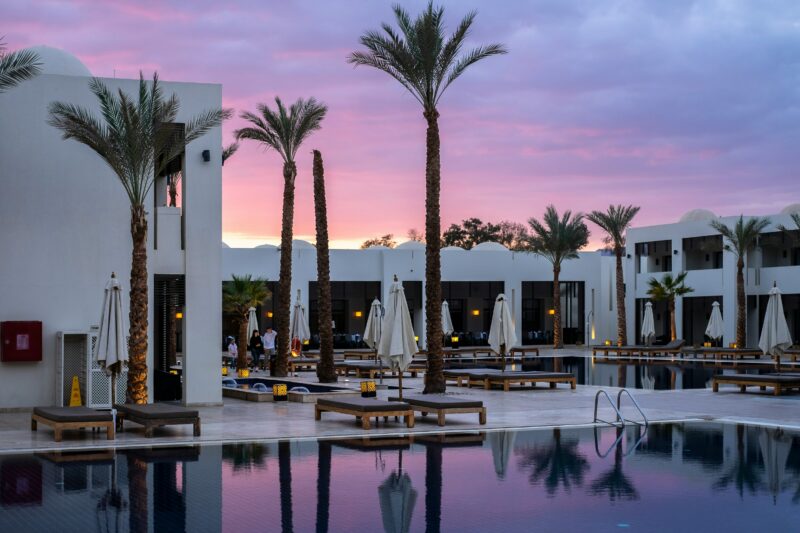By mixing homes, hotels and experiences, the platform adapts to local rules while keeping users inside its ecosystem
Oct 14, 2025
Airbnb’s integration of boutique and independent hotels marks a strategic evolution that extends beyond hospitality—it’s a regulatory manoeuvre. By blending homes, hotels and experiences within one seamless interface, Airbnb can navigate varying local short-term rental restrictions while maintaining user engagement and control over distribution.
Key takeaways
- Hybrid supply strategy: Airbnb now lists boutique and independent hotels alongside homes, merging regulated hospitality supply with flexible home-sharing inventory.
- Regulatory adaptability: In markets tightening short-term rental laws, Airbnb’s inclusion of hotels provides a compliant fallback that keeps its booking flow active.
- HotelTonight integration: Same-day and last-minute bookings are now part of Airbnb’s unified app experience, allowing users to switch from homes to hotels without leaving the platform.
- New channel for boutique hotels: Independent hoteliers gain access to Airbnb’s global user base without joining major chains or OTAs, helping to fill soft periods.
- Competitive implications: The hybrid approach increases competition for traditional OTAs and individual hosts, who must differentiate through design, authenticity and service.
- Ecosystem consolidation: By merging accommodation and experience listings, Airbnb moves closer to being a closed travel ecosystem—one less dependent on outside channels or search engines.
Source: Airbnb










